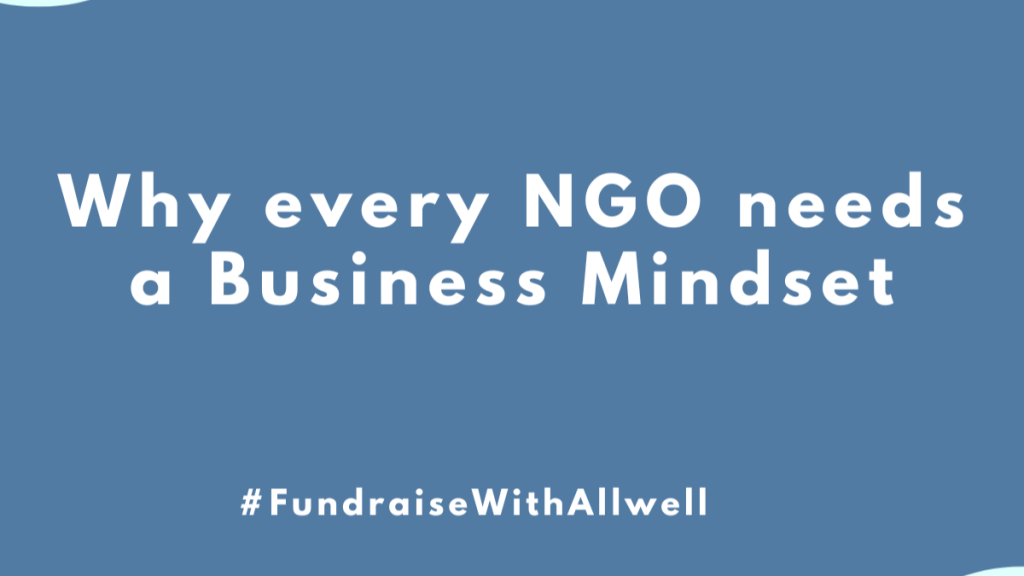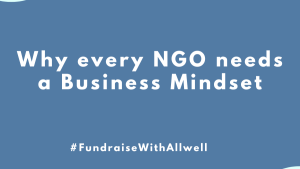
Nonprofits play a critical role in sustainable development. They fight for the downtrodden and marginalized, ensuring that no one is left behind in the race toward development. They hold the government and public sector accountable to its citizens, helping to track the distribution of resources in a way that is equitable and just.
Other actors are not quite set up in the same way. Businesses aim to maximize profit for themselves and their shareholders. Governments seek to leverage the scarce state resources to provide services that improve the quality of lives of its people. In places like Africa, NGOs are the only lifeline for development, with governments failing spectacularly in delivering public goods and companies focused on exploiting people and processes for their capitalist benefits.
However, despite their importance, it is no longer business as usual for NGOs. The reliance on short-term funding means they are forced to implement small-scale projects that do not sufficiently tackle the issue. Donors have stricter requirements as they are under pressure from their constituents to demonstrate as much bang for the buck. The future of most nonprofits hangs in the balance as they are unable to adequately plan for the future and act sustainably.
This is why I strongly believe that it is time for nonprofits to begin to leverage business insights that ensure that they can do their work…and do it better. My thinking is inspired by my professional experience and academic background. I hold an MBA in International Business from an American university and have a background in sales and marketing for one of Africa’s largest e-commerce stores. I have acquired almost a decade’s experience in leading fundraising and business development for nonprofits and social enterprises working across Sub-Saharan Africa, Southeast Asia, the Middle East and Latin America. Below are the reasons why your NGO needs to adopt a business mindset to thrive in today’s social impact landscape.
- Financial sustainability. This captures your ability to guarantee your NGO’s operations both now and in the future. Adopting a business mindset will put in place the systems and practices that you need to ensure you don’t have to shut down when your key donor’s funding dries up.
- Strong organizational culture. A sound organizational culture energizes your team, helping them to concentrate on working toward delivering on your mission for the benefit of your beneficiaries. Such a culture creates an enabling environment that makes all stakeholders such as your team, board, volunteers, implementing partners, among others to commit to your work.
- Attracting and retaining the best talents. Retaining talents at a nonprofit is pretty difficult due to the crushing workloads, limited funding, project staffing tied to short-term projects, and the comparatively lower pay. To attract the very best and fix the high turnover, you need to bring in business principles that make your NGO an attractive place to be in.
- Increased return on impact. It is crucial that you begin to obsess about tracking and sharing the impact that your work makes in the lives of your beneficiaries. This isn’t just to tick a box on your donor checklist- it is actually for you! You signed up to try to change the world in the first place. You need to know how well you are doing and whether you are still on the right track.
In conclusion, your NGO is already in business anyway- the business of changing lives! To do it well, you need to think outside the box, abandon so-called trusted nonprofit approaches and revitalize your operations, resource mobilization, financial and program management with new business insights.


